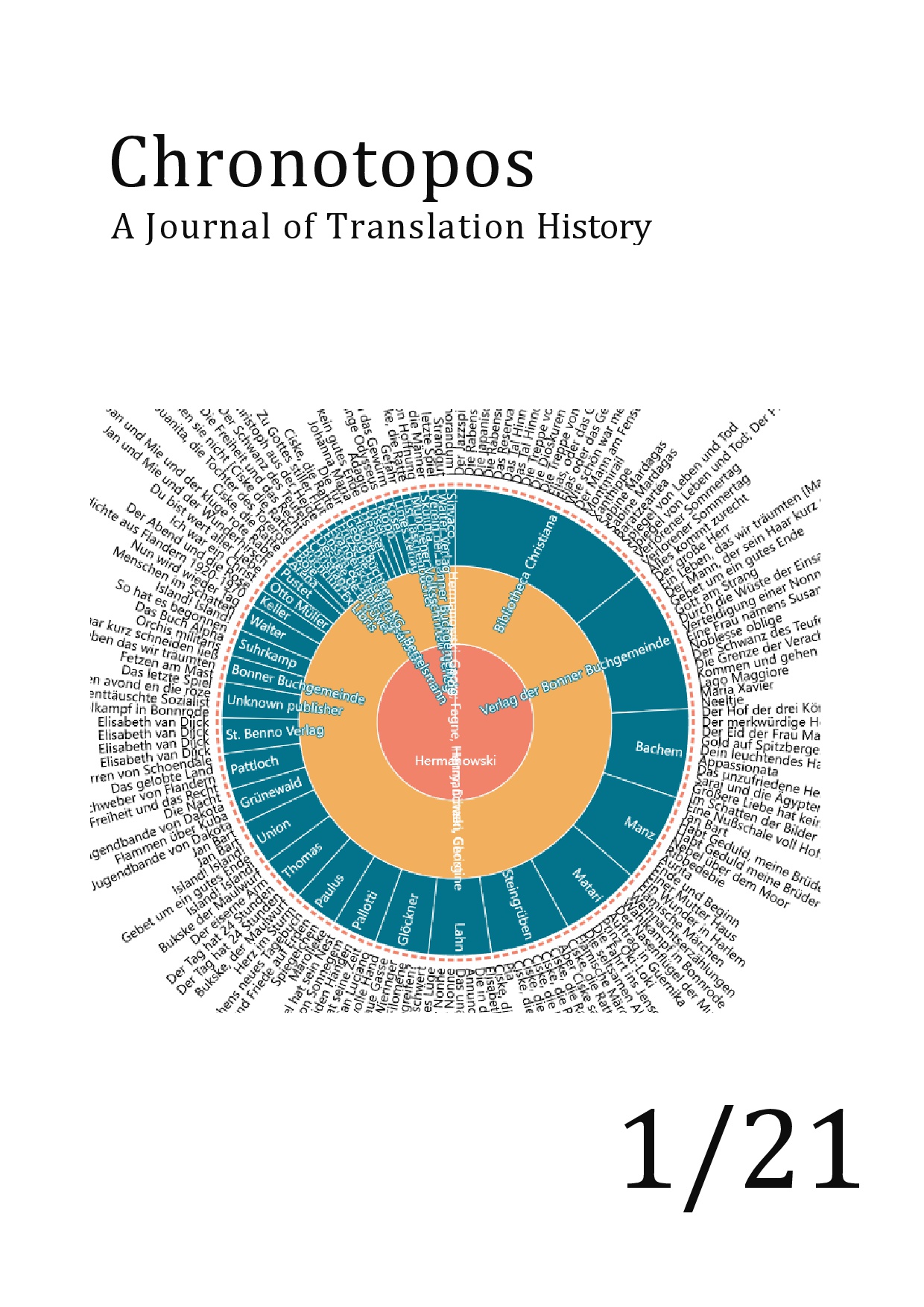Sworn translators: a neglected species
An interdisciplinary study about the early academization of public translators’ training in Argentina
DOI:
https://doi.org/10.25365/cts-2021-3-1-4Schlagworte:
traductor público, Argentinien, frühe Akademisierung, Deutsch-Amerikanische Identität, Gerichtsdolmetscher/innen, IdentitätAbstract
This study analyses the genesis of the academisation process of sworn translation and interpretation in Argentina. As early as in the mid-1860s, a study programme was developed at the University of Buenos Aires and the degree of public translator and interpreter has been granted by this institution ever since. This is a remarkable fact because even today it is the State itself that has developed different mechanisms to validate public translation and interpretation competencies and interventions in public matters, and there are scarce undergraduate programmes in higher education institutions conferring this degree. The study analyses the ancillary role of these professionals as court assistants, linked to the political sovereignty and identity of the modern states, and deals with its early academisation in Argentina. It examines the socio-political and historical factors that made it possible for this country to devise, deliver and award this degree, and explores what the early academisation of this profession meant for translation and interpretation, and how the degree evolved and gave birth to a particular professional ethos.
Downloads
Veröffentlicht
Zitationsvorschlag
Ausgabe
Rubrik
Lizenz
Copyright (c) 2022 María Cristina Plencovich, Silvia Bacco, Diana Rivas, Lidia Jeansalle

Dieses Werk steht unter der Lizenz Creative Commons Namensnennung - Nicht-kommerziell 4.0 International.

Lizenz: CC-BY-NC 4.0


